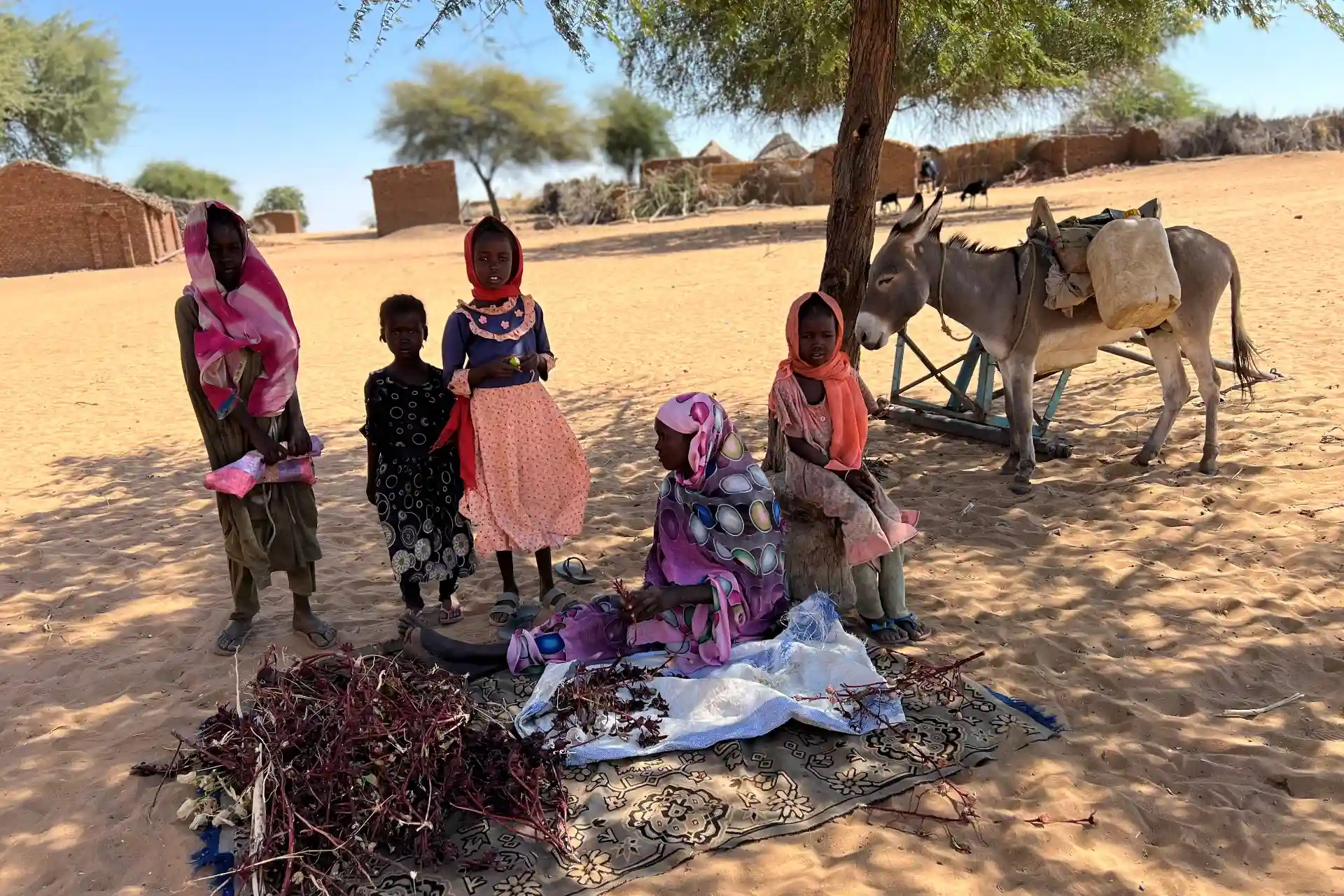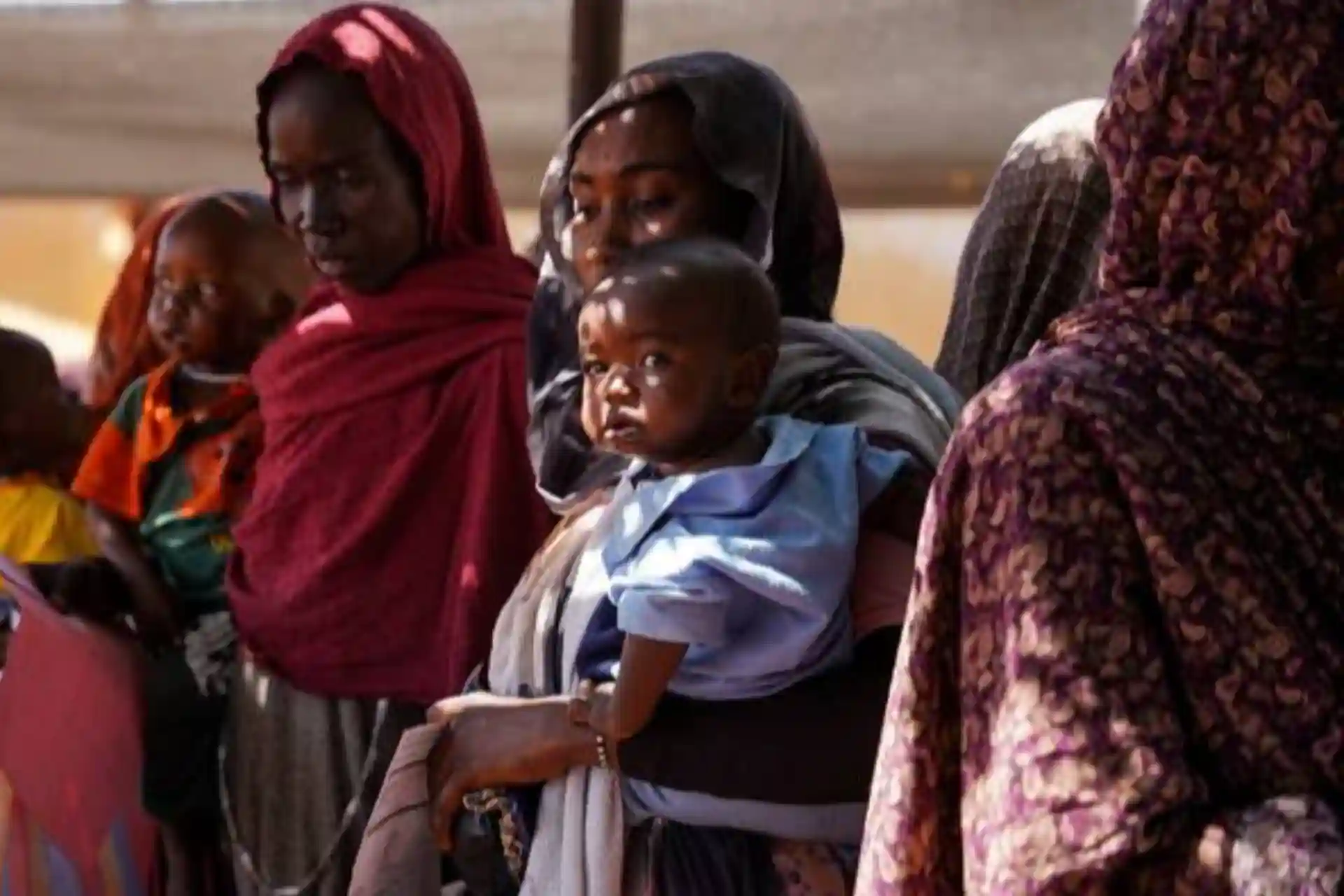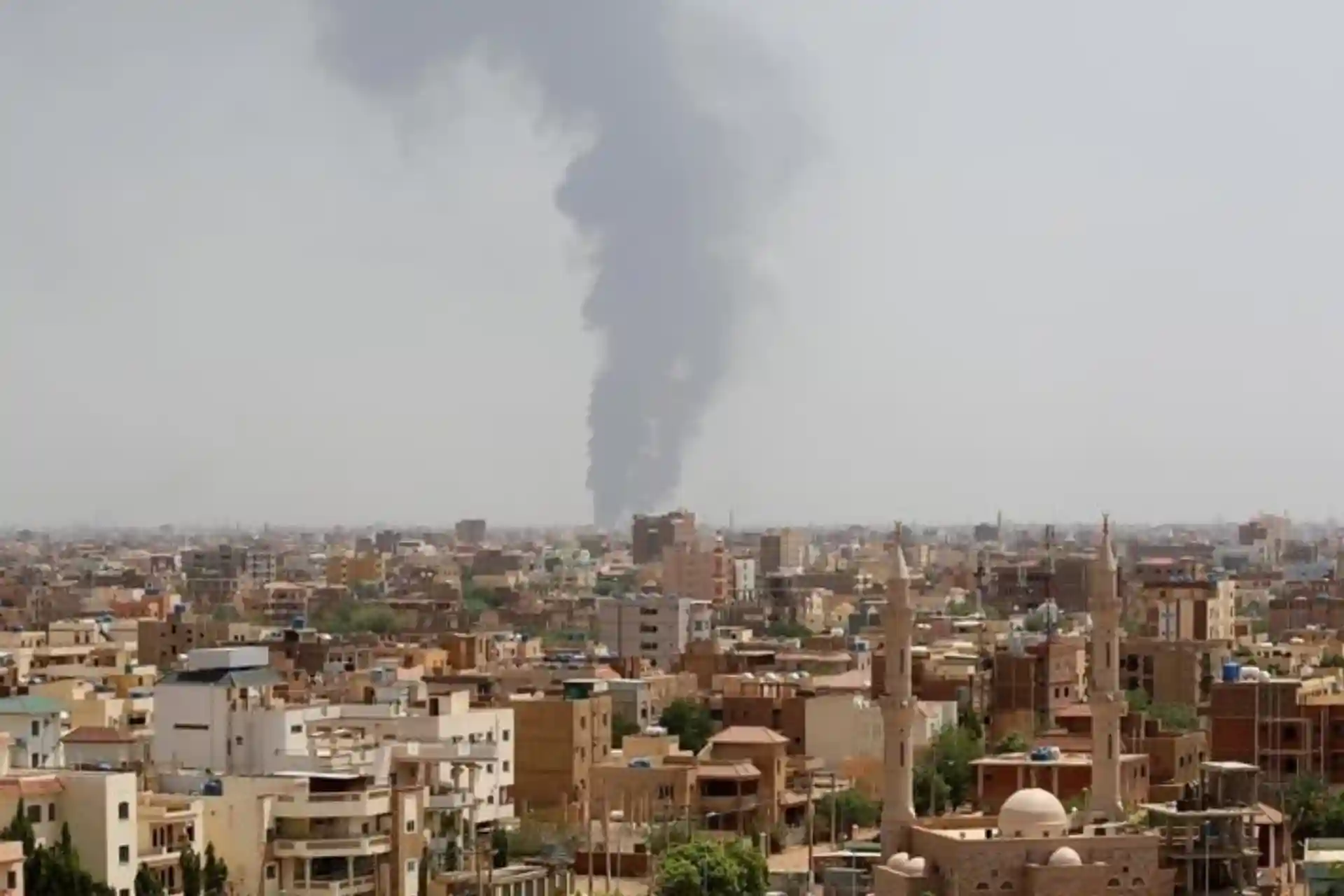27.08.2024 18:04
2401
Why is the world turning a blind eye to the Sudan crisis?
Why is the world turning a blind eye to the Sudan crisis?
Nearly 500 days of conflict and violence have left Sudan facing one of the world's largest humanitarian crises.
In April 2023, a power struggle began between the head of Sudan's army, General Abdul Fattah al-Burhan, and the Rapid Support Force (RSF), led by his former deputy, Mohamed Hamdan Dagalo. Since then, the number of dead and wounded has reached nearly 52,000, and millions of people have been displaced.
The extent of the crisis is evident in the repeated warnings issued by the UN: observers say that Sudan is even at the "point of collapse".
No matter how much the war in Sudan has dried up the pillow of many Muslims and made them suffer, the leaders of the leading countries and the international community, who are talking about the war in Ukraine, do not want to talk about this tragedy.
"The conflict in Sudan may have a very high tension, but it is not as geopolitically important for the West as Ukraine or Gaza," says African expert Francois Sennesael, "Ukraine is important for the security of Europe, but we cannot say the same about Sudan." Therefore, Kyiv deserves all the care of the West. They don't even like stale bread in Sudan. "Gaza is also a primary issue from the point of view of the US and its partners, who are always concerned about Israeli occupation."
According to Sennesael, there are various reasons for the neglect of Sudan: for example, the decline in the prestige and influence of the UN and the reluctance of Western countries to engage in conflicts that do not benefit them.
“Sudan has largely been 'forgotten' by the Western media. And the white people seem to be tired of Africa and its concerns," he says.
In addition, Europeans are not demanding that their governments take any measures regarding Sudan.
According to Sennesael, some countries, which are entangled with other problems, are not in a position to interfere in the Sudan issue.
“The West is taking an approach that involves signing quick power-sharing agreements between warring elites in South Sudan or Ethiopia. "Also, the colonialists who want to leave Africa are not ready to allocate soldiers or money to keep the peace," Oxford University researcher Sennesael told Anadolu news agency.
No one has talked about creating a new peacekeeping mission for Sudan. Sudan is actually a clear example of the eroding influence of multilateral relations on security issues and the withdrawal of Western countries from Africa.
Nevertheless, the Gulf states, Egypt and Turkey have shown eagerness to become the new "protectors" of the region in terms of peace and security.
"But their approach is not strong enough. These actors do not even have a complete understanding of what the solution to the problem should be. "They cannot speak with one voice, putting regional differences and personal interests to one side," says the researcher.
Why is the humanitarian crisis not mentioned in the news?
Mohanad Elbalal, a Sudanese commentator and activist living in Britain, also believes that the humanitarian crisis in his country is being underestimated globally.
"The largest migration in the world is taking place from Sudan. It is impossible to measure the scale of the humanitarian crisis here, and these reports are hardly visible in the headlines of international media and publications," he told "Anadolu".
The world public does not want to talk about what is actually happening in the region, especially the humanitarian situation. That is why Sudanese Muslims are left without help.
"Yes, unfortunately, the number of Muslims in the world who are experiencing a very deep humanitarian disaster like the Gazans is increasing. For example, more than 10 million people have been forced to leave Sudan so far," he says.
At the moment, Sudanese Muslims need international attention based on their humanitarian situation.
"Unstable" peace talks
On July 14 of this year, negotiations on the Sudan crisis began in Geneva under the auspices of the United States.
Tom Perriello, the US Special Envoy for Sudan, said that although the Sudanese army did not participate in these talks, delegations from the RSF, the UN, the African Union, Egypt, Saudi Arabia, the UAE, the USA and Switzerland took part.
However, analysts noted that the negotiations led by Saudi Arabia and the United States were ineffective.
Elbalal said the chances of an agreement in Geneva are "very low" because "it is impossible to negotiate with just one side."
"Even if there is a ceasefire, there will be no peace without strong measures to ensure that these conditions are respected," he said.
He added that a ceasefire is not enough. Even if peace is achieved, it will not improve the humanitarian situation.
Abstract future
Sudan is currently experiencing the most difficult situation since independence.
"Sudan is divided and it reminds us of Libya - although two governments claim sovereignty, neither of them has full control of their territory," says Sennesael.
The power struggle between the two generals has reignited historical conflicts across the country. The country is already on the brink of a major civil war.
The researchers warn that in the future, "local conflicts will trigger nationwide violence that will spread across the country."
Elbalal emphasizes the importance of controlling the capital Khartoum for stability.
"The situation is unstable... There will be no serious bilateral negotiations until the rapid forces are expelled from the capital," he said.



